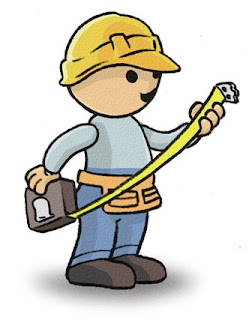The Olympic motto is "Citius, Altius, Fortius", which is Latin for " Faster, Higher, Stronger". All right, I suppose, but I agree with my friend, Brotherly Love, who wrote: "My motto for the Olympics would be: 'Who does the best his circumstance allows, does well, acts nobly - Angels could do no more'. That was a favourite of my dear old Dad (b. 1875) who only ever asked that I would 'do my best'." Measuring yourself against yourself and not against others must ultimately make for happier and healthier people.
As the Marathon moved past St Paul's Cathedral, I learned about the origin of the Olympic Creed. It was from a sermon there for Olympic champions by Bishop Ethelbert Talbot of Pennsylvania in 1908 that the Olympic Creed derives. The Olympic Creed, still used to this day, reads: "The most important thing in the Olympic Games is not to win but to take part, just as the most important thing in life is not the triumph but the struggle. The essential thing is not to have conquered but to have fought well." I think Baron de Coubertin, the modern Games' founder, did better in selecting that than the motto.
I don't like to end on a sour note, but I was disappointed to hear a commentator in the euphoria after the achievement of former Somalian refugee in the 5000 metres saying something like "Mo Farah, before the end of the year you'll be known as Sir Mo Farah." That's something I bridle at, the automatic expectation of New Year's or Queen's Birthday honours for successful sportsmen. It was a practice Tony Blair introduced, with the wholesale gong-giving to the Ashes' winning team. It seems to me they've already had their reward. It's a somewhat cheap method of politicians currying electoral popularity. A friend of mine defended the practice on the grounds that sporting success makes the country "feel better". Well, a lot of people contribute to the nation's well-being - who are not paid handsomely for doing the thing they enjoy, and receive little recognition for it.

No comments:
Post a Comment